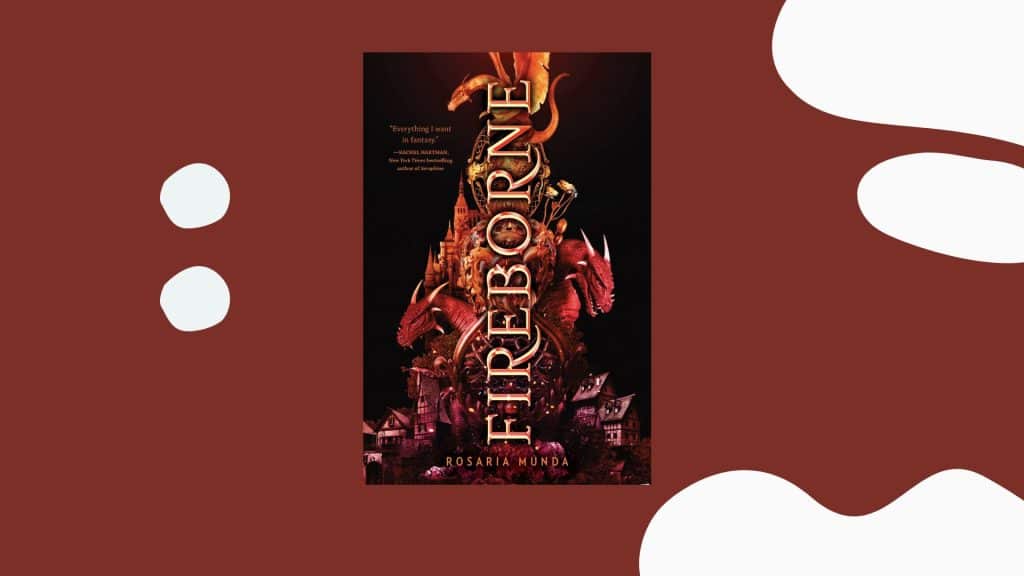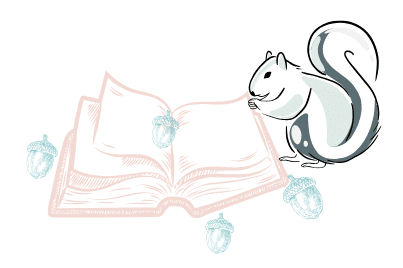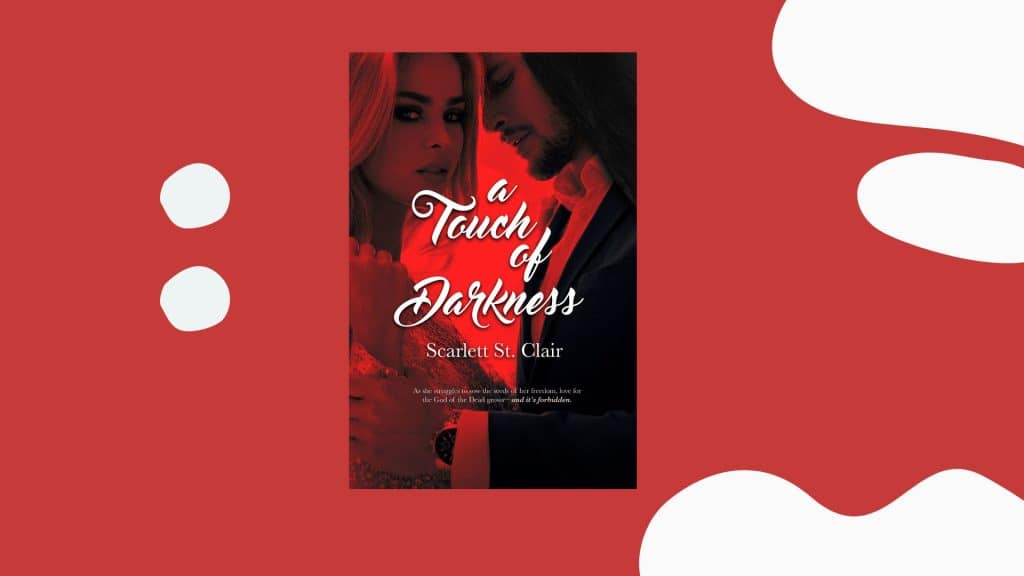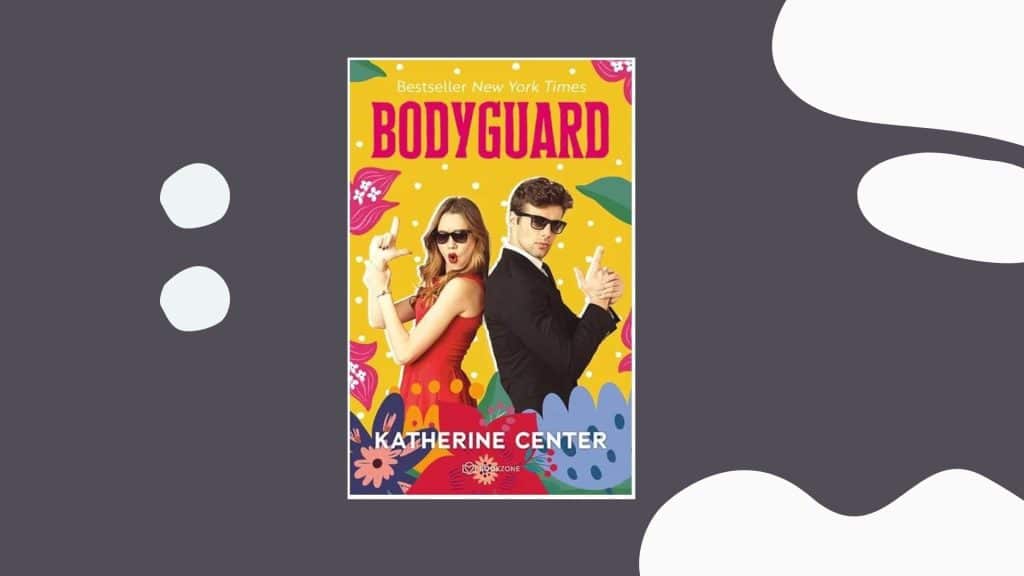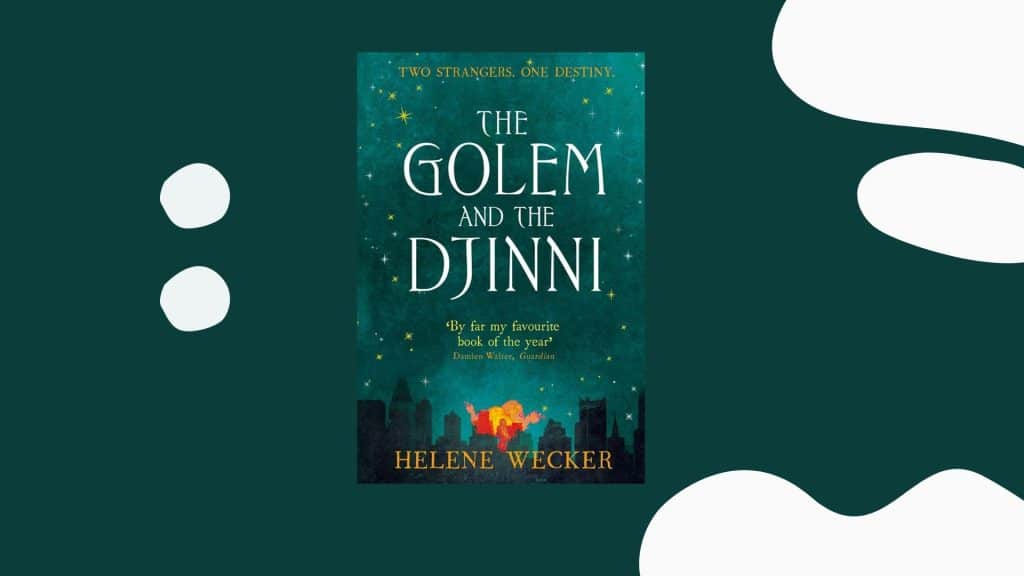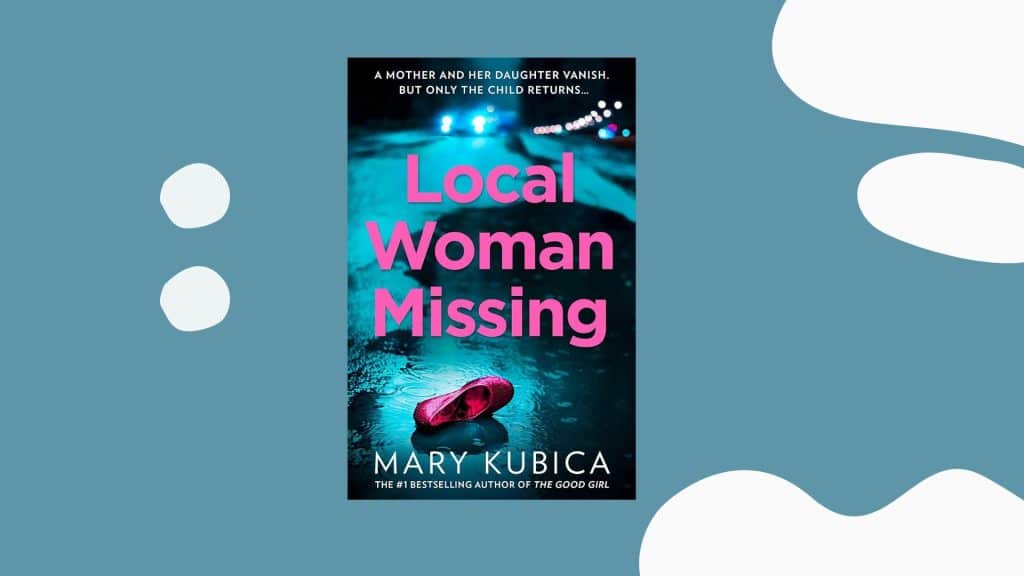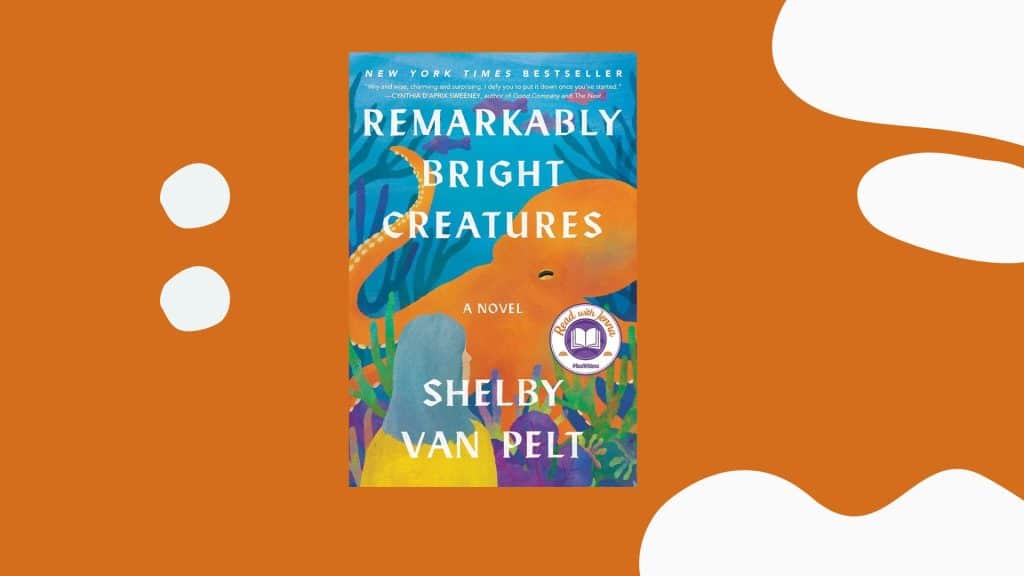“They watch us kneel, they see the back of our heads, and they think we’ve given in. They don’t realize you can think from your knees just as well as from your feet.”
― Rosaria Munda, Fireborne
Looking for a quick summary of Fireborne without reading the whole book? You’re in the right place.
In this blog, I’ll break down the key plot points, characters, and themes of Rosaria Munda’s dragon-riding fantasy novel. Whether you need a refresher before reading the sequel or want to decide if it’s worth picking up, I’ve got you covered.
As a fellow fantasy reader who understands the struggle of keeping up with new series, I’ve created the summary I wish I had when first discovering this book.
I’ve read Fireborne multiple times and consulted trusted sources to ensure this summary is accurate and complete.
No spoiler warnings needed – this article is designed to give you the full picture of what happens in Fireborne, from beginning to end.
Plot Summary of Fireborne By Rosaria Munda
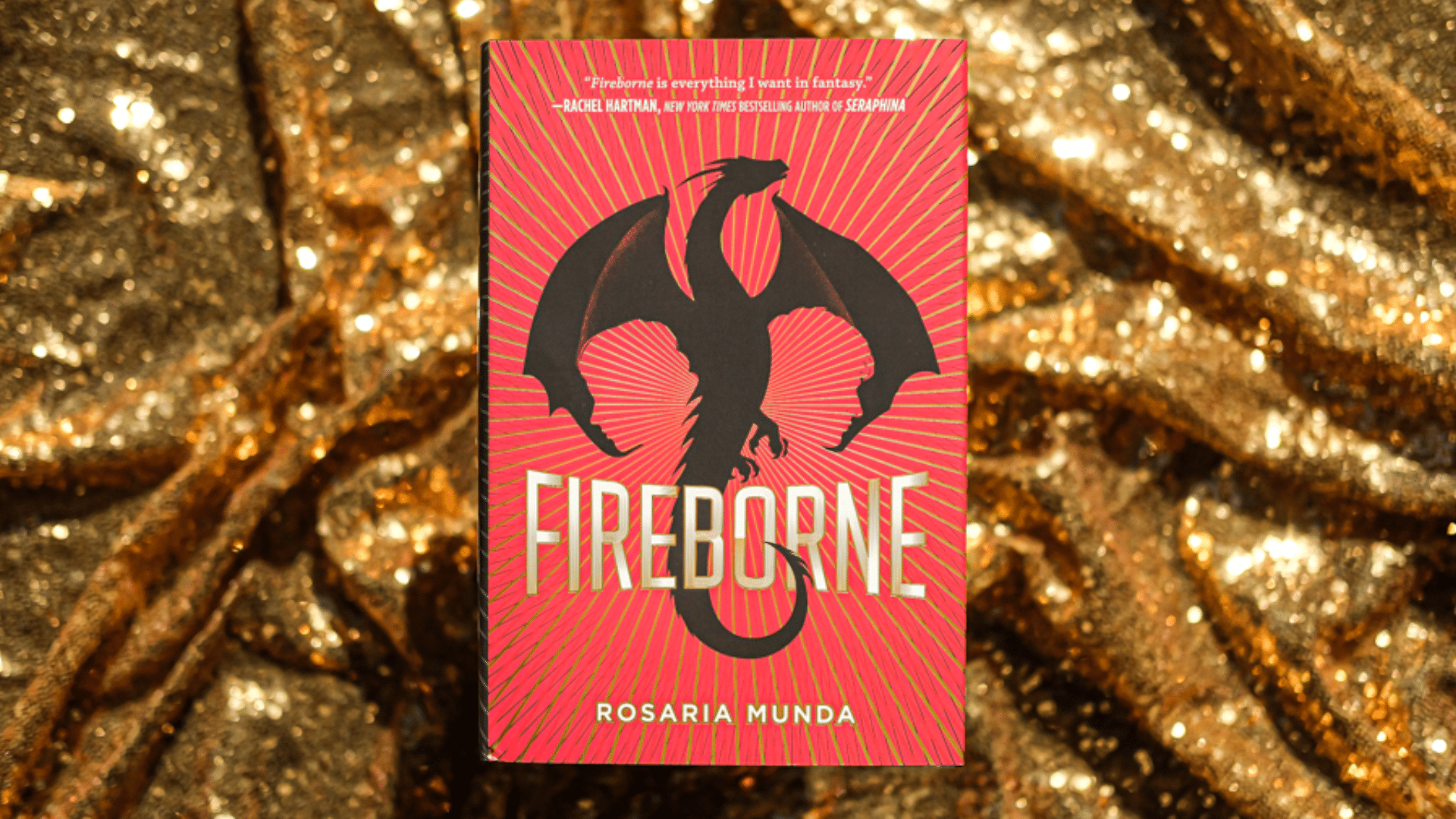
Let me walk you through the heart of this story.
Annie and Lee are the two main characters we follow throughout Fireborne. Both were just kids when their lives changed forever. Annie comes from a poor family. She was orphaned during a bloody revolution that overthrew the cruel dragon-riding aristocrats who ruled their land. A revolution that left her completely alone.
Lee has a secret. He was once the son of a powerful dragonlord family—the very rulers who were overthrown. His entire family was killed, but he survived by hiding his true identity. Now, years later, both Annie and Lee are training as dragonriders in the new government system.
But here’s where it gets complicated, they’re competing for the top position in their class and war is brewing with neighboring lands. Lee struggles with his hidden past and thoughts of revenge and Annie must choose between loyalty to the new government and her feelings for Lee.
Their friendship is tested as political tensions rise. Should Lee seek justice for his murdered family? Can Annie trust someone with such a dangerous secret? The competition intensifies. Dragons soar. Feelings deepen.
And all the while, the shadow of war grows closer.
What Genre Is Fireborne by Rosaria Munda?
Fireborne fits mainly in the young adult fantasy category, but it blends several genres together in interesting ways. I’d describe it as a mix of:
- Political fantasy
- Coming-of-age story
- Dragon-rider adventure
- Revolution aftermath tale
The book uses familiar fantasy elements but gives them fresh twists. You’ll find dragons, of course, but they’re not the typical treasure-hoarding monsters. Here, they form bonds with specific riders, somewhat like in Eragon or How to Train Your Dragon.
But don’t be fooled! This isn’t just another dragon story. The political elements set it apart. While many fantasies show revolutions happening, Fireborne explores what comes after. How do you build a fair society from the ashes of tyranny?
The story includes several classic themes:
- Hidden royal identity
- Competition among peers
- Forbidden friendship/romance
- Class divisions
- Duty versus personal desire
If you enjoy stories about characters wrestling with complex moral questions while riding dragons into battle, you’ll find plenty to love here.
What surprised me most was how the book handles power. It doesn’t simply say “the old rulers were bad, the new ones are good.”
Instead, it asks harder questions about whether any system can avoid corruption when dragons give some people so much more power than others.
The world feels real despite its fantastical elements, and the characters face genuine consequences for their choices.
Ratings and Reviews of Fireborne
“Bring what fury you have and I will answer it with ours.”
― Rosaria Munda, Fireborne
Goodreads Rating
On Goodreads, Fireborne has earned a strong 4.05 out of 5 stars from over 5,700 readers. That’s pretty impressive for a debut novel!
What Goodreads Readers Say?
- “The characters feel genuinely torn between different loyalties. No easy answers here, which I loved.”
- “Annie and Lee’s relationship develops naturally against the backdrop of political intrigue. Their competing goals create real tension.”
- “The pacing felt slow in the middle sections. Needed more dragon battles!”
Amazon Reviews
- “Munda created a world I couldn’t stop thinking about. The class divisions and aftermath of revolution felt relevant to our world despite the fantasy setting.”
- “I’ve read many dragon rider books, but this one stands out for its complex moral questions. No clear heroes or villains.”
- “My teenager and I both loved this book for different reasons. That’s the mark of good YA fantasy.”
What Sets It Apart?
- It focuses on what happens after the revolution, not during it
- The dragons aren’t just weapons but have distinct personalities
- Both main characters are genuinely flawed and make mistakes
- The political system feels believable, not simplistic
Most dragon books focus on the thrill of first flight or epic battles. Fireborne includes those exciting moments but adds layers of political complexity.
You won’t find black-and-white morality here. The “good guys” sometimes make terrible decisions. The “bad guys” often have understandable motives.
What really caught my attention was how the book explores whether any revolution can truly create equality when some people (the dragonriders) have inherently more power than others.
Who Should Read This Book?
Fireborne is best for readers 13 and up who enjoy fantasy with political depth. I’d recommend it if you like:
- Dragon-rider stories with a twist
- Complex characters facing tough choices
- Political intrigue mixed with action
- Stories that make you think about justice
You’ll love this book if you’re tired of simple good-versus-evil tales and want something with more layers. If you enjoyed The Hunger Games, Eragon, or books that explore the cost of revolution, Fireborne will likely hit the spot for you.
Content warning: The book contains violence, references to past family deaths, class oppression, and some intense battle scenes. Nothing is overly graphic, but the themes can be heavy.
Similar Books if You Liked Fireborne by Rosaria Munda
If you enjoyed Fireborne, I think you’ll love these books that share similar elements. I’ve picked them based on specific features that might have drawn you to Munda’s work.
Dragon-Focused Fantasy
- Eragon by Christopher Paolini: The classic tale of a farm boy who finds a dragon egg and becomes bonded to the dragon inside. Like Fireborne, it explores the special connection between dragons and their riders.
- Seraphina by Rachel Hartman: It features a world where dragons can take human form. The political tensions between humans and dragons will feel familiar if you enjoyed that aspect of Fireborne.
Political Fantasy with Young Protagonists
- Red Rising by Pierce Brown: No dragons here, but plenty of political intrigue and a class-based society being challenged by young protagonists. The competition elements will remind you of Annie and Lee’s rivalry.
- The Winner’s Curse by Marie Rutkoski: It is another story about two people from opposite sides of a societal divide who form a complex relationship. The political maneuvering is top-notch.
Post-Revolution Stories
- Ember in the Ashes by Sabaa Tahir: It features characters navigating a brutal empire while questioning their roles within it. The moral complexity matches Fireborne’s approach.
- The Hunger Games by Suzanne Collins: If you liked how Fireborne handles the aftermath of revolution and questions of power, you’ll find similar themes here.
Conclusion
Fireborne stands out in the crowded YA fantasy genre by giving us more than just dragon battles. It delivers a thoughtful exploration of power, justice, and identity that stays with you.
What I appreciate most is how it avoids simple answers. The characters face genuine moral dilemmas with no perfect solutions.
Good news for those who get hooked: Fireborne is just the beginning. It’s the first book in The Aurelian Cycle trilogy, followed by Flamefall and Furysong. The complete series is now available, so you won’t have to wait to continue the story.
Have you read Fireborne already? I’d love to hear your thoughts in the comments below! Did Annie or Lee resonate more with you? Or if you’ve enjoyed similar books with political fantasy elements, please share your recommendations!
Happy reading!
About the Author Rosaria Munda
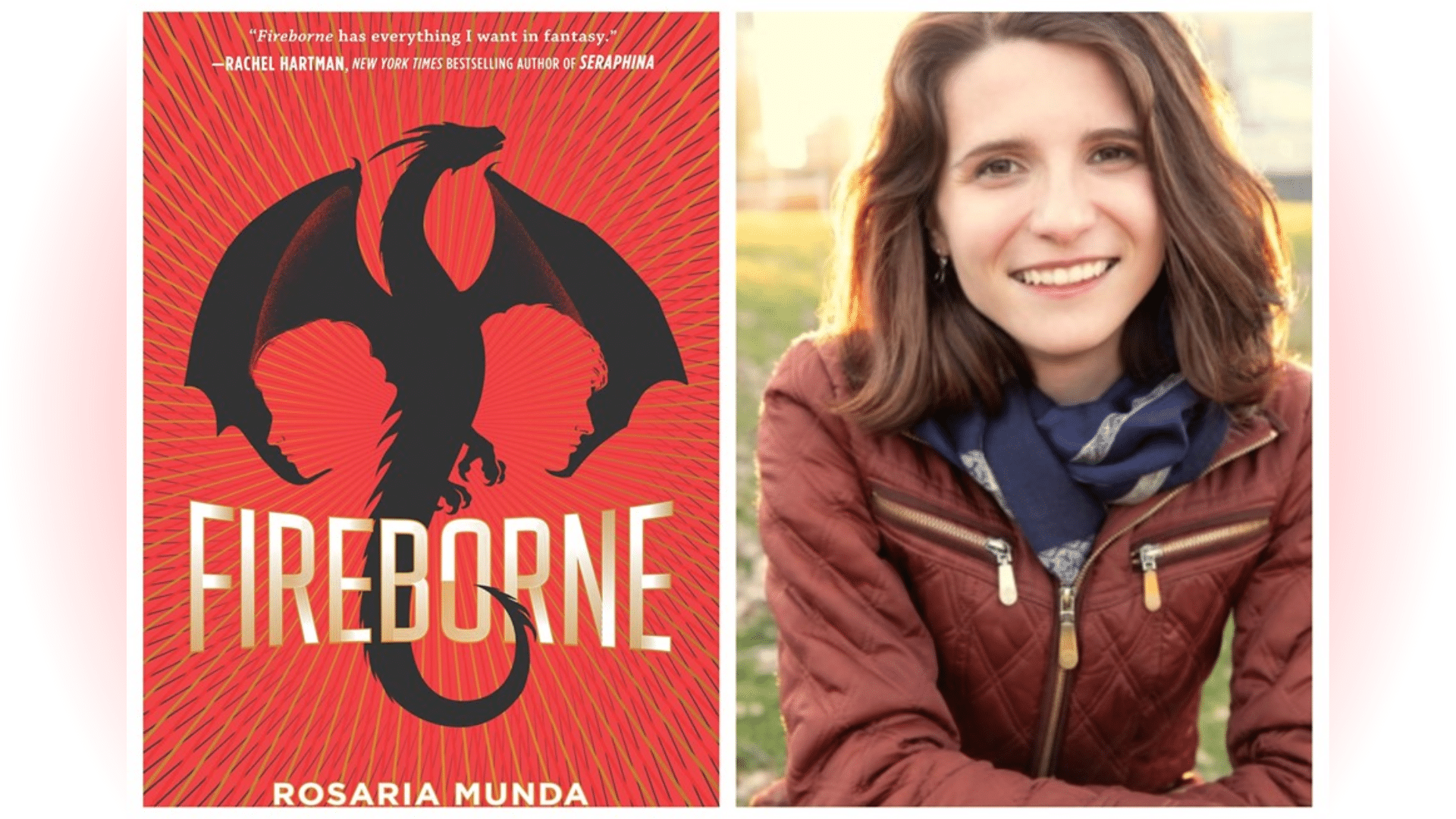
Rosaria Munda brings an interesting background to her fantasy writing. Before becoming a novelist, she studied political theory at Princeton University, which clearly influences the complex political themes in Fireborne.
I find it fascinating that Munda drew inspiration from both ancient and modern history. Her series explores ideas from Plato’s Republic alongside elements of the Chinese Cultural Revolution and other historical power shifts.
She wasn’t an overnight success. Like many authors, Munda worked other jobs while developing her writing skills. She taught in Mississippi through Teach for America before publishing her debut novel.
Fireborne launched her career in 2019 with the first book in The Aurelian Cycle trilogy. The series is now complete with Flamefall (2021) and Furysong (2022).
What stands out about Munda is how she blends exciting dragon action with thoughtful questions about justice and governance. If you enjoy her writing style, you’ll be happy to know she continues to work on new projects in the fantasy genre.


